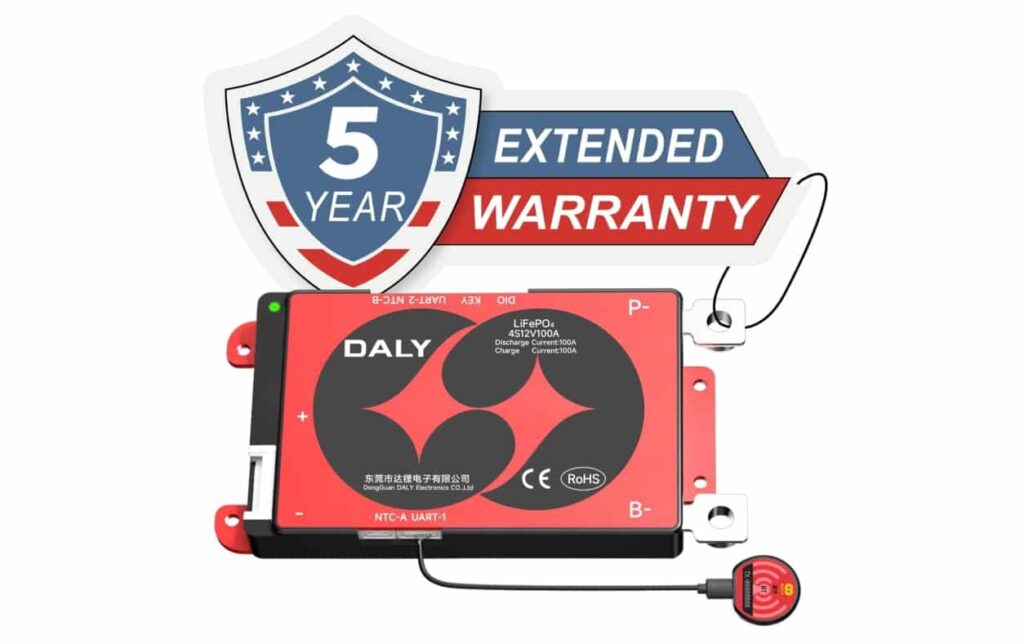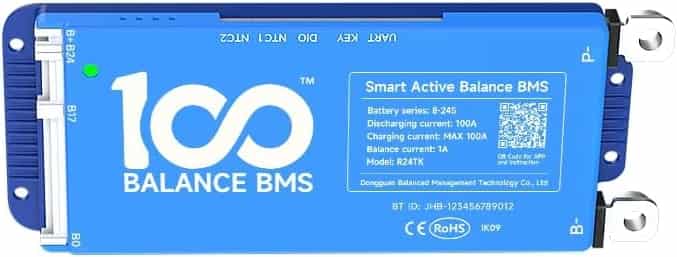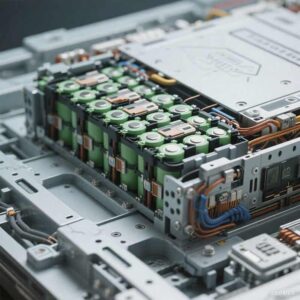What Is a Battery BMS?
A Battery Management System (BMS) is an electronic control unit that monitors and manages the performance of a rechargeable battery pack, typically lithium-ion. It acts as the brain of the battery, ensuring it operates within safe parameters.
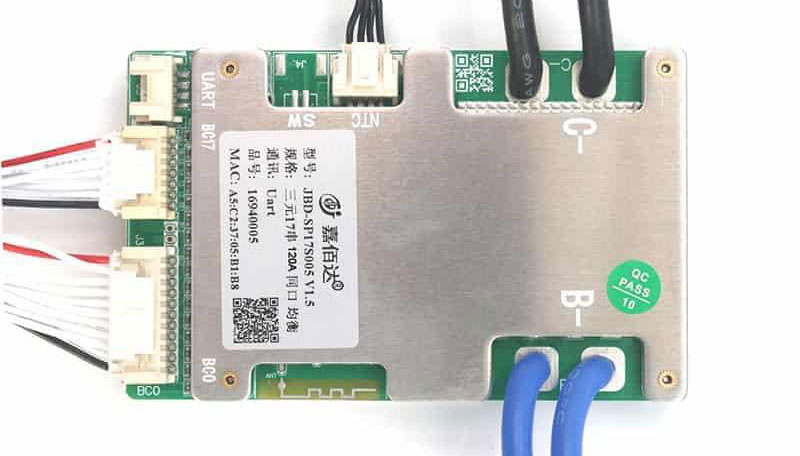
If you’ve ever used a lithium-ion battery or explored battery-powered devices, you’ve probably come across the term Battery Management System (BMS). A BMS is essential for the safety, efficiency, and longevity of your battery system, whether you’re building a DIY battery pack or trying to understand your electric vehicle’s battery setup, learning how a BMS works is critical.
Whether it is the common ternary lithium-ion battery or the safer lithium iron phosphate battery, it needs to be equipped with a BMS management system.
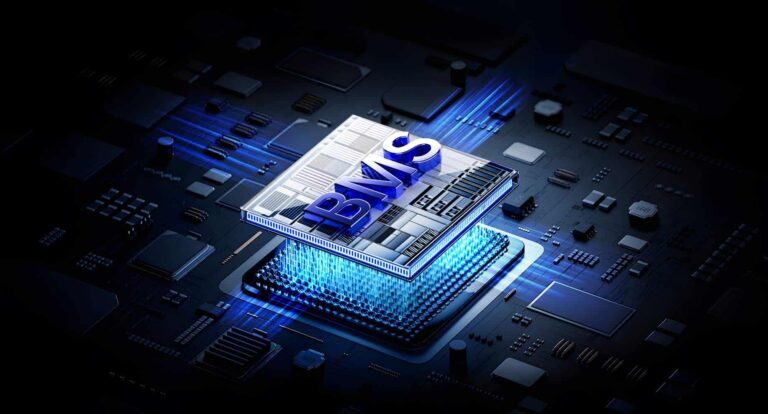
Main Functions of a BMS
-
🛡️ Overcharge and Overdischarge Protection
Prevents the battery from exceeding voltage or dropping too low, which can cause damage or shorten lifespan. -
🌡️ Temperature Monitoring
Detects overheating or extreme cold and prevents unsafe operation. -
⚖️ Cell Balancing
Ensures that all battery cells maintain equal voltage, improving performance and life. -
🔋 State of Charge (SOC) Estimation
Estimates how much usable energy remains in the pack—like a fuel gauge. -
🚫 Short-Circuit Protection
Instantly cuts off current in the event of a short circuit to avoid damage or fire. -
🔌 Communication with Other Devices
Sends data to displays, chargers, or motor controllers for smarter energy use.

Why BMS Is Especially Important for Lithium Batteries
Unlike lead-acid batteries, lithium batteries require much tighter control over their operation. A small overcharge or imbalance between cells can result in overheating or even fire. A BMS is non-negotiable for any lithium battery setup.
For EVs, e-bikes, solar systems, and power walls, a reliable BMS is what keeps the whole system safe and working properly.
When a battery in the battery pack is damaged or the internal circuit ages and short-circuits, the BMS will automatically intervene to cut off the power supply, thereby avoiding further thermal runaway and the risk of fire or explosion.
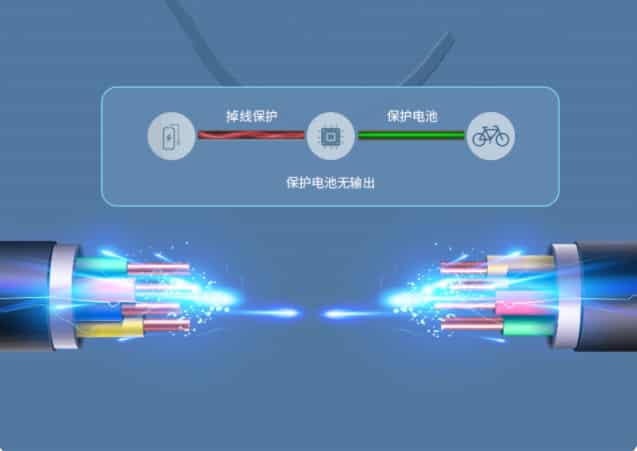
Types of BMS
-
Passive BMS: Uses resistors to bleed excess energy from high-voltage cells.
-
Active BMS: Redistributes charge between cells; more efficient and complex.
-
Smart BMS: Includes Bluetooth or CAN communication for real-time monitoring via apps.
Currently, more and more BMSs are adopting intelligent models, connecting to mobile apps via Bluetooth to edit and modify battery parameters. The popular Xiaoxiang Electric app is a software that is deeply integrated with the BMS. It can check the battery level, control the battery on and off, and display the health of each battery cell.
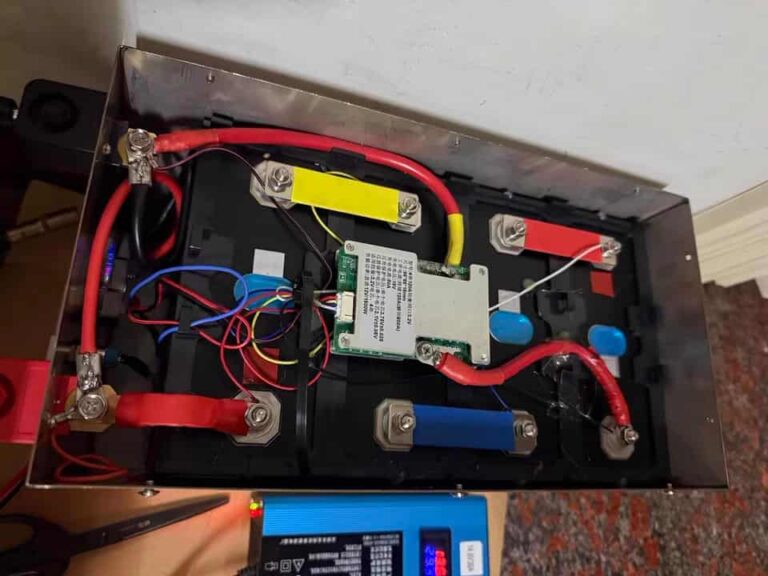
In short, BMS is very common in everyday life. Home energy storage systems, solar energy storage systems, solar charging stations, some lithium-ion battery-powered mobility scooters, electric tricycles, ji005 runner scooters, coolecar tricycles, and trikes all utilize the most advanced BMS battery management system to ensure safety. Lithium-ion batteries typically shut down automatically when the charge level drops below a certain level. If you’re using a lithium-ion battery electric vehicle for the first time, be sure to keep the charge above 30% to avoid a sudden power outage that could strand the vehicle.
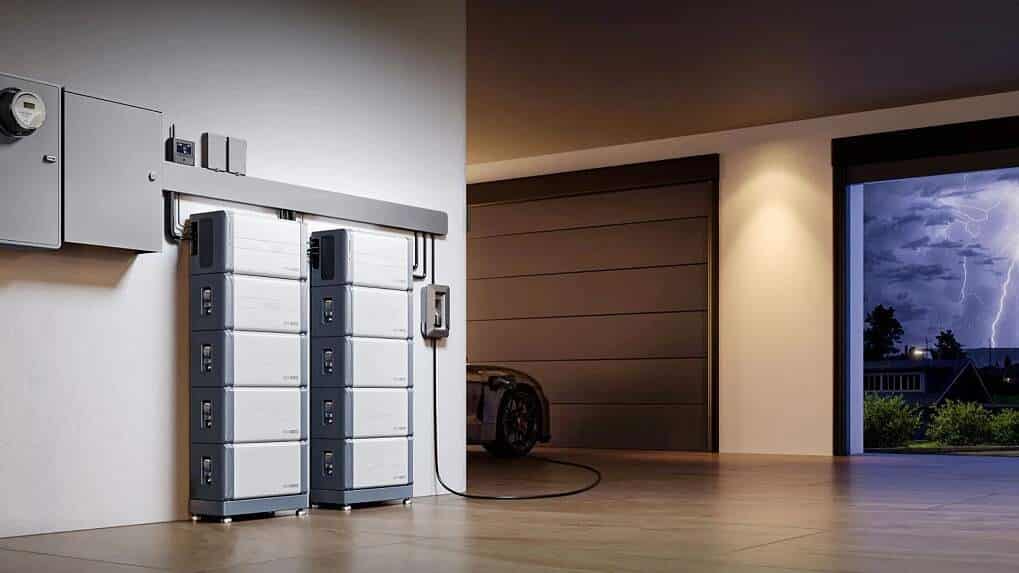
🔥 Top Amazon-Selling BMS You Can Consider
🔗 Daly Smart BMS 12V 4S 100A LiFePO4 – Ideal for e-bikes and small EVs. Comes with Bluetooth and a mobile app.
🔗 Smart PCB Battery Protection Board for Li-ion/Lifpo4/LTO Lithium Battery Pack – Perfect for solar systems and energy storage setups.
Tip: Always match your BMS specs with your battery type (LiFePO4, LFP, Li-ion) and number of cells (S count).

